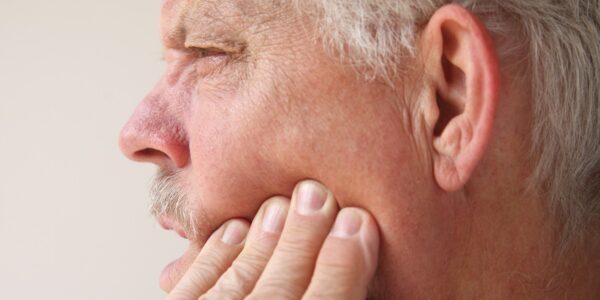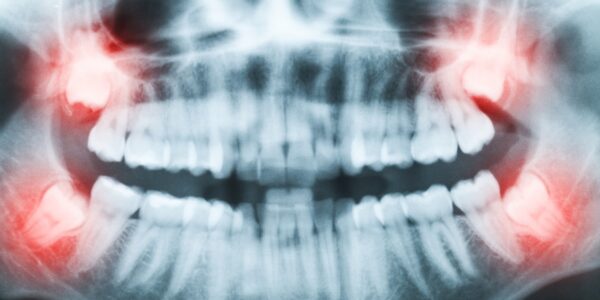
If you suffer from persistent jaw pain, you understand the incredible toll it can take on daily life. You may experience unrelenting discomfort, exacerbated by biting or chewing and limits on what you can comfortably eat. Opening your mouth to speak, laugh or even yawn may be uncomfortable with constant jaw pain.
You deserve freedom from chronic jaw pain. At Headache & TMJ Center of New Jersey, Dr. Ivan & Allan Stein see patients all the time who experience this kind of pain. With our team’s training and expertise, we can locate the origin of your pain and develop a customized solution to treat it.
Jaw Pain and TMJ Disorder
Jaw pain is often linked to problems with the temporomandibular joint (TMJ). The TMJ is the joint connecting your lower jaw to your skull, and its job is to make different movements required for speaking, eating, laughing and yawning. You have one TMJ on either side of your head, right in front of your ears.
The TMJ is one of the most complex joints in your body. It is also extremely vulnerable to stress, injury and wear and tear. The joint or the disc that cushions the bones of the joint can become very worn over time due to chronic teeth grinding or clenching, arthritis or effects of the aging process. The jaw and facial muscles responsible for supporting TMJ function can become tense, knotted or fatigued. The joint itself can become dislocated or injured by a direct blow to the face or jaw.
If you develop an issue with your TMJ, it is known as TMJ disorder, or TMD (Temporomandibular Dysfunction). One of the trademark symptoms of TMD is jaw pain. Sometimes jaw pain from TMD is accompanied by other symptoms such as ear pain, tinnitus, a popping or clicking noise when opening the mouth, swelling in the face or jaw and/or dizziness.
The first step to overcoming chronic jaw pain is to identify and address the root cause. When diagnosing the origin of your jaw pain, Drs. Stein will inquire about the history and frequency of your symptoms and take a detailed medical history. A Joint vibration analysis will be conducted to verify the position of your TMJ disc, as well as a T-scan to see the direction and balance of your bite. A Range of motion test will be performed as well to verify and neuro muscular involvement. They will also perform a simple physical examination of your face and jaw. They may take X-rays of your teeth and jaw joints to help confirm or rule out TMD.
Professional Treatment for Jaw Pain

Usually Drs. Stein recommends conservative practices as the first line of defense against TMD and jaw pain. By making a few simple lifestyle changes, you may be able to minimize or alleviate your discomfort. Examples of behavioral modifications include following a soft foods-only diet, applying moist heat or ice packs to your jaw when pain strikes and practicing some relaxing jaw stretches and exercises. A short course of over-the-counter analgesics may also give you relief.
If those strategies do not sufficiently control your pain, Drs. Stein can suggest other treatment options. Depending on the cause of your pain, they may need to retrain your jaw to achieve the ideal alignment, or fit you for an oral appliance to reduce the stress on your TMJ from nighttime grinding or clenching.
Treatment is always individualized to the unique needs of the patient, so once our team knows more about you and your case, we will create a suitable plan.
Find a Solution That Works
Headache & TMJ Center of New Jersey can put you on the path to overcoming jaw pain and finding a life free from the discomfort of TMJ disorder. Call or email us today to request an appointment with Dr. Ivan or Allan Stein.




